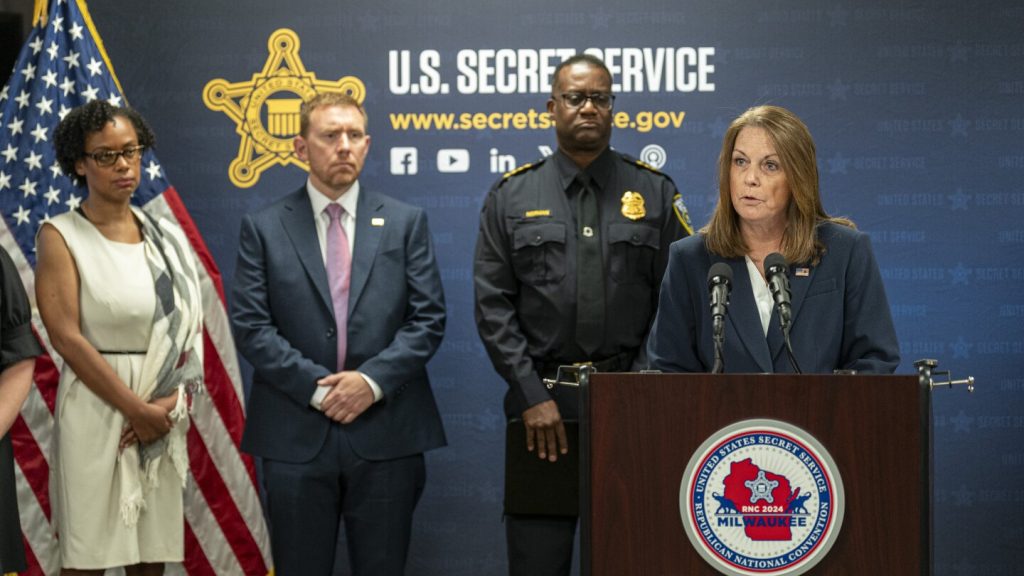The upcoming Republican National Convention in Milwaukee has sparked debates over security measures and protesters’ rights. Law enforcement authorities released a plan allowing people to carry guns within blocks of the convention, with strict regulations in place. Demonstrators have expressed concerns that the designated protest zones are too far from the convention arena to be effective. The security plan includes two perimeters around the arena, with restrictions on weapons within the inner boundary. More than 100 organizations have applied to demonstrate at the convention, raising logistical challenges for city officials.
The Coalition to March on the RNC, comprised of local and national organizations, has planned a protest parade on the first day of the convention. They have been trying to obtain a permit for the parade since April 2023, but city officials have not granted it yet. The American Civil Liberties Union filed a federal lawsuit on the coalition’s behalf, alleging a denial of free speech rights due to delays in releasing a parade route. The security plan released on Friday includes a designated parade route within the outer perimeter, about five blocks from the arena, with a stage for speakers. However, concerns remain about the distance from the arena and the limited time for speakers.
The plan also establishes a stage for protest speakers on the northern edge of the perimeter, about a block from Fiserv Forum. City officials will provide a sound system for speakers on both stages, with a limit of 20 minutes per speaker. The ACLU expressed disappointment in the size of the inner perimeter, emphasizing the importance of allowing free expression and assembly. The organization plans to continue the lawsuit in hopes of securing a route that passes within sight and sound of the convention arena. Coalition leaders have criticized the demonstration zones, stating their desire to be within sight and sound of Fiserv Forum’s front doors.
Overall, tensions are high as the Republican National Convention approaches in Milwaukee, with concerns about security, protesters’ rights, and logistical challenges. The clash between law enforcement authorities and demonstrators highlights the complexities of organizing large-scale events in the current political climate. As the legal battle over protest permits continues, the city of Milwaukee faces the challenge of balancing public safety with the right to freedom of speech and assembly. The outcome of these debates and lawsuits will shape the atmosphere surrounding the convention and the ability of protesters to make their voices heard.


